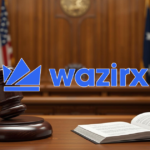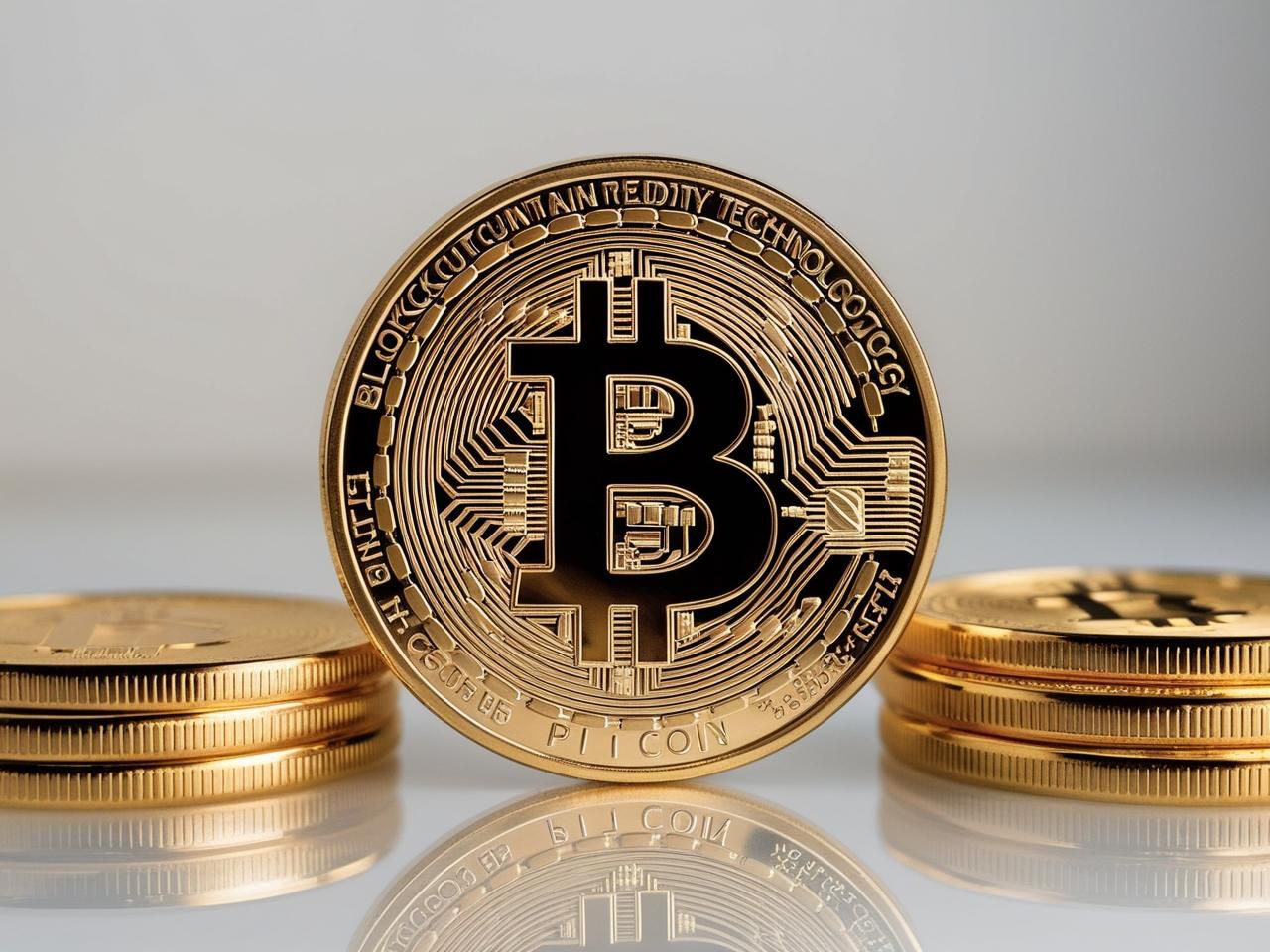
World Liberty Financial (WLFI), a decentralized finance (DeFi) protocol with ties to former U.S. President Donald Trump, has taken a significant step toward bridging DeFi and traditional finance.
On May 16, the company announced that its USD1 stablecoin now supports secure cross-chain transfers through Chainlink’s Cross-Chain Interoperability Protocol (CCIP). The integration, initially enabling interoperability between Ethereum and BNB Chain, aims to enhance USD1’s utility for both institutional and individual users across blockchain ecosystems.
USD1, a U.S. dollar-backed stablecoin launched by WLFI in April 2025, has seen rapid growth, reaching a market capitalization of $2 billion, according to a CoinDesk report. Backed by short-term U.S. Treasuries, U.S. dollar deposits, and cash equivalents held by BitGo Trust, the stablecoin has positioned itself as a fast-rising player in the $231 billion stablecoin market. Despite this growth, it trails industry giants Tether (USDT) and Circle (USDC), which hold market caps of $151 billion and $60.6 billion, respectively.
The integration with Chainlink CCIP addresses a long-standing challenge in the DeFi space: secure cross-chain transfers. Historically, vulnerabilities in cross-chain bridges have led to significant losses, with over $2.8 billion hacked from such systems, representing nearly 40% of all Web3-related thefts, as reported by DefiLlama.
Chainlink CCIP, known for securing over $18 trillion in onchain transaction value, uses a defense-in-depth security model. This includes multiple decentralized oracle networks (DONs) and an independent Risk Management Network to monitor and halt suspicious activity, mitigating risks even if private keys are compromised.
“We don’t see a world where DeFi exists in its own ecosystem and traditional finance carries on,” said Zak Folkman, co-founder of World Liberty Financial, speaking at Consensus 2025 in a statement reported by CoinDesk. “We believe in a very short amount of time they will merge and just be the future of finance. To that end, our USD1 token is now bridgeable across chains thanks to the incredible people at CCIP.”
The announcement, first shared via a post on X by WLFI on May 16, garnered significant attention within the crypto community. Chainlink also highlighted the collaboration, noting that USD1’s expansion into new blockchain markets aligns with its mission to drive DeFi mass adoption by connecting traditional finance with the onchain economy. Users can now transfer USD1 across chains using CCIP-enabled bridging apps like Transporter.
This integration builds on WLFI’s existing partnership with Chainlink, which previously involved using Chainlink’s price oracles for WLFI’s deployment of an Aave v3 instance, a lending and borrowing protocol. The collaboration underscores Chainlink’s role in merging DeFi and traditional finance, a mission WLFI has championed since its founding in 2024.
World Liberty Financial has garnered attention not only for its technological advancements but also for its high-profile connections. The company, inspired by Donald Trump, is closely tied to the Trump family. A Trump business entity owns 60% of WLFI and is entitled to 75% of revenue from coin sales, according to a Wikipedia entry updated on May 1, 2025. Eric Trump and Donald Trump Jr. serve as “Web3 ambassadors,” while Barron Trump is listed as the project’s “DeFi visionary.”
The company has also faced scrutiny for potential conflicts of interest, particularly following a $2 billion investment by MGX, an Abu Dhabi-state-backed firm, into Binance using USD1, as reported by The Block on May 10, 2025.
The crypto community has responded enthusiastically to USD1’s cross-chain capabilities, with some users on X predicting significant growth for WLFI’s native token, $WLFI. “$WLFI will make new millionaires this year ,” posted user DiCaprio_001 on May 16. Others, however, urged WLFI to expedite the listing of $WLFI on exchanges, expressing impatience with the project’s timeline.
As USD1 continues to expand its reach, its integration with Chainlink CCIP marks a pivotal moment for WLFI’s vision of a unified financial ecosystem. With plans to support additional blockchains in the future, the stablecoin is poised to play a growing role in the evolving landscape of decentralized finance.
















 Join our Telegram Channel
Join our Telegram Channel